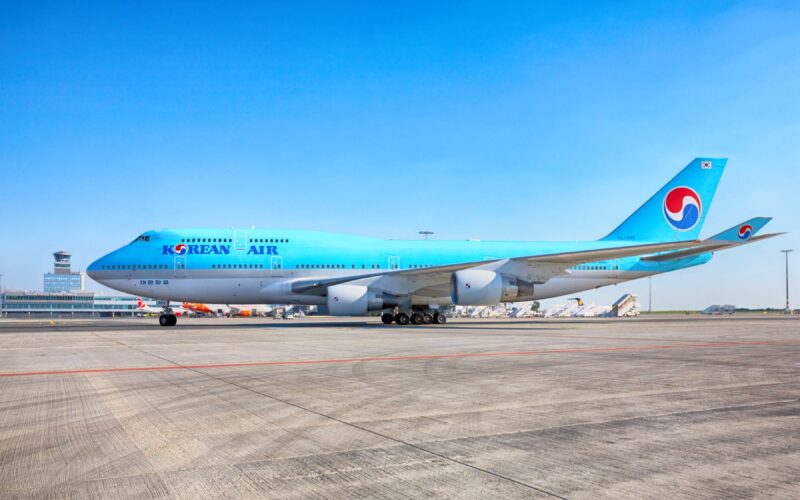South Korea’s biggest air carrier, Korean Air, has reportedly vowed to reduce cosmic radiation for its aircrews. The move came after several members of the airline’s flight crew developed leukemia.
Korean Air’s labor union and management held talks in June 2021 about cosmic radiation and problems it causes, the insider sources familiar with the matter told the Korean Bizwire on July 4, 2021.
Following talks with labor unions about the dangers of cosmic radiation exposure, Korean Air said it would start a new program that would automatically calculate crew members’ radiation exposure and switch flight schedules accordingly to reduce the cosmic radiation exposure.
What is cosmic radiation?
Cosmic radiation is one of the natural forms of radiation. It is generated by either the explosion of supernovas in the distant universe or by the sun.
During air travel, the amount of cosmic radiation passengers or flight crew are exposed to can differ depending on the latitude and altitude of the flight, the timing of the flight, and the amount of solar radiation due to solar activity. According to Korean Air, the amount of cosmic radiation exposure during short and long-haul flights is known to be around 0.001 – 0.003 mSv and 0.004 – 0.005 mSv per hour, respectively.
People working in air transport were found to have “statistically significant higher ratios of other, ill-defined cancer incidence compared to their respective reference groups”, according to the Cancer Incidence Among Air Transportation Industry Workers Using the National Cohort Study of Korea by Wanhyung Lee, Mo-Yeol Kang, and Jin-Ha Yong in August 2019.
AeroTime News reached out to Korean Air for comment and did not receive a response at the time of publication.

